War in Ukraine: Ukrainian refugees to leave Highland hotel after Scottish Government contract cancelled 'out of the blue'
The group at the Killin Hotel, many who arrived in July, have been given until November 18 to leave. The development has come "out of the blue” for hotel management, the guests and the community, which has worked to integrate the refugees into village life.
Community leaders accused the Scottish Government of acting with “shocking disregard” and “insensitivity” following developments at the hotel.
Advertisement
Hide AdAdvertisement
Hide AdThe refugees arrived under the Government’s super sponsor scheme with the hotel booked out until the end of March. A number of Ukrainians are now in work and children settled in schools.
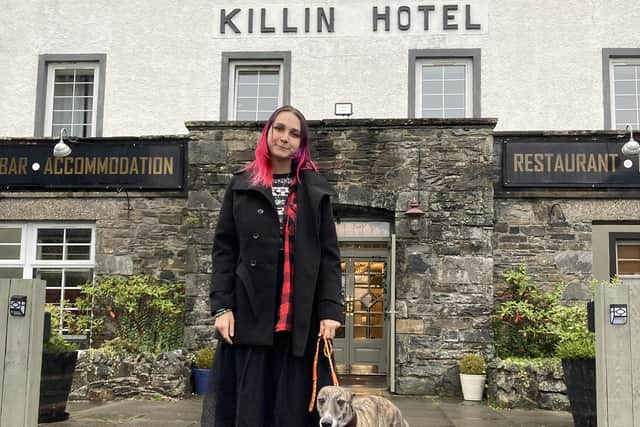

Parthiv Vyas, manager of the hotel, said he received notification of the end of the contract on Friday morning from a booking agent for the Scottish Government.
He said: “It came out of the blue for us. The contract had earlier been extended until March 31 and we had everything confirmed and we had cleared everything over Christmas and the winter.
“We didn’t see it coming. Everything had settled down here, the kids were going to school. You don't want to give them [the Ukrainians] the feeling that they are going to be moved around every couple of months. When they heard what was happening, some were upset, some were crying.”
Anfisa Ihnatova, 19, who is living at the hotel with her mother, said the announcement had been “really bad news”.
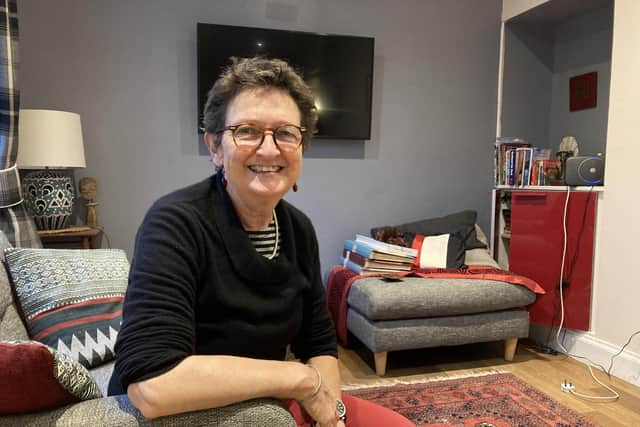

Ihnatova, originally from the outskirts of Kyiv, said: “We just feel really afraid because we don’t know where we will be going next. People are not very sure about their future. I am studying now and people are in jobs, but we don’t know what will happen now.”
Officials from Stirling Council, which has responsibility for finding alternative accommodation, attended the hotel on Friday to reassure guests.
Ihnatova, now a student at Stirling University, said: “They told us we will not be out on the streets and they will find something for us, but they need some time to find some options. They looked a bit shocked to be honest.”
Advertisement
Hide AdAdvertisement
Hide AdOne official at Stirling Council described the relocation of guests to alternative accommodation as “challenging work”, but said there was “every confidence” the November 18 deadline could be met.
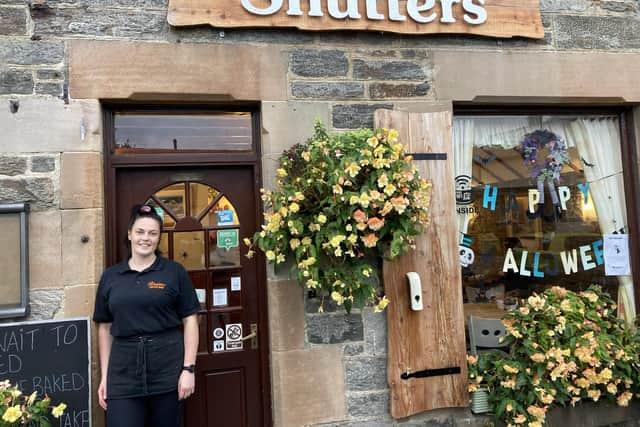

Andy Aitken, chair of Killin Community Council, has written to First Minster Nicola Sturgeon over the situation.
He said: “As a community, we have welcomed the Ukrainians into our midst and have worked very hard on numerous fronts – teaching English, helping with employment, and integrating our guests into the wider community.
"We had offered help to find accommodation and sponsor families, but this, we were informed, was the responsibility of the local council, who are now suddenly faced with an urgent and potentially chaotic process of relocation. Had offers from the community been taken up over recent months, we might not have found ourselves in this very difficult situation.
"We feel that the Scottish Government has behaved with a shocking disregard for the local community, and with no due care and consideration for those to whom it offered safety and sanctuary merely months ago. We earnestly hope that Ukrainians refugees and their host communities across the country will not be treated in such a manner as they have been in Killin.”
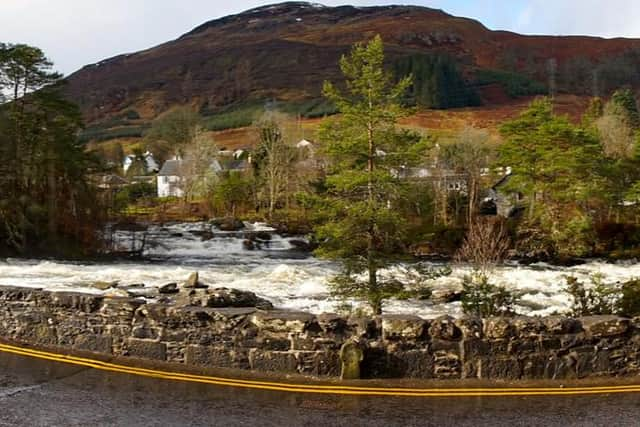

Fiona Martin, of Killin, a volunteer English tutor, said she was “appalled" by the development.
"This seems to be an extremely insensitive move by the SNP in view of the trauma suffered by so many of them,” she said. “They had been led to believe they were settled there until March of 2023. I am also concerned that the children cannot even finish the school term, which would seem to be a more natural break for them.
"Local businesses are going to be very concerned as so many have been filling the staffing gaps following Brexit. I only hope there are good reasons for this decision, but it would be helpful if we understood them.”
Advertisement
Hide AdAdvertisement
Hide AdThe development comes as the need to find suitable accommodation for Ukrainians on Scotland's £11 million super sponsor scheme, which has now been paused given demand, intensifies.
Figures show 20,591 displaced Ukrainians are now in Scotland – around a fifth of the UK total. Thousands more are anticipated to arrive given 35,357 visas, which name the Scottish Government or an individual in Scotland as sponsors, have already been issued.
Around 6,540 Ukrainians in Scotland are in temporary ‘welcome’ accommodation – such as hotels and the two cruise ships berthed Glasgow and Edinburgh – as suitable longer-term homes for new arrivals are sought. Around £50m has been made available to bring void council and social housing back into use to help increase demand.
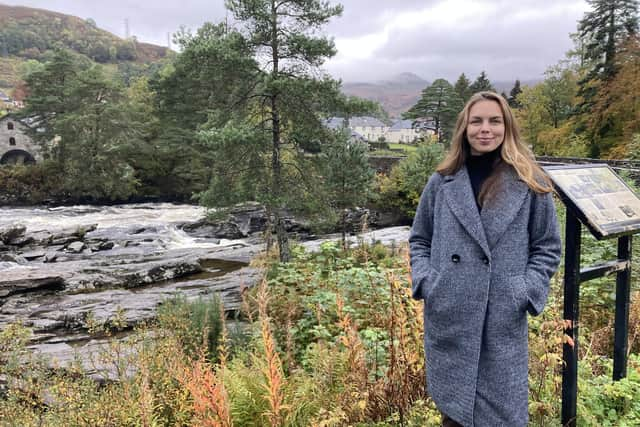

Nataliia Parkhomenko, 30, arrived by coach at the Killin Hotel in August.
She told The Scotsman: “The staff were very open when we arrived, they gave us our rooms, they invited us to dinner. To be honest, I was surprised that they brought us somewhere so beautiful. It was like a picture from a deep dream."
A Scottish Government spokesperson said: “We want displaced people from Ukraine to integrate and thrive in our communities for as long as they choose to stay here. In listening to feedback from Ukrainian people across our country, we recognise the importance of community, connectivity and access to services when in temporary accommodation. We regularly review our temporary accommodation estate in order to better support displaced people from Ukraine.
“We don’t want people spending any longer than necessary in temporary accommodation and we’re working with our local authority and third-sector partners to help displaced people find a Scottish host or alternative longer-term sustainable accommodation whilst they are here in Scotland.”
Comments
Want to join the conversation? Please or to comment on this article.